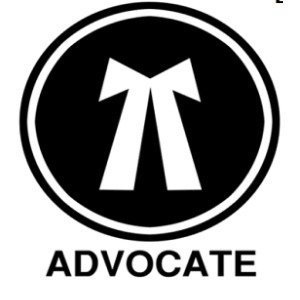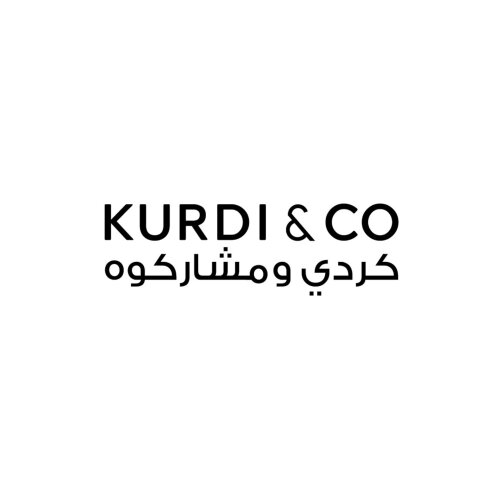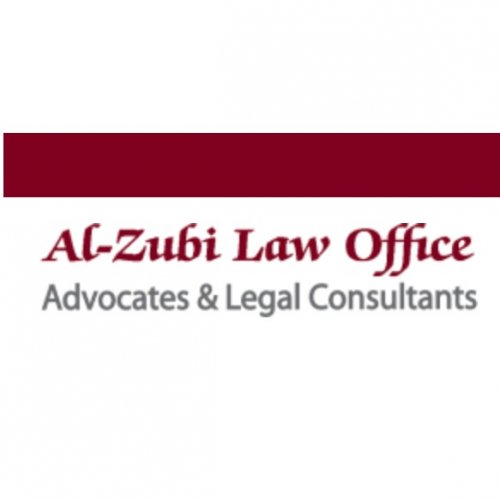Best Sanctions & Export Controls Lawyers in Ramallah
Share your needs with us, get contacted by law firms.
Free. Takes 2 min.
List of the best lawyers in Ramallah, Palestine

Istikamah For Advocates And Legal Services - استقامة للمحاماة والخدمات القانونية
15 minutes Free ConsultationAbout Sanctions & Export Controls Law in Ramallah, Palestine
Sanctions and export controls are legal mechanisms that regulate the movement of goods, technologies, and services across borders. In Ramallah, Palestine, these laws are particularly significant due to the region’s complex geopolitical landscape. Sanctions may be imposed by local Palestinian authorities, by neighboring countries, or by the broader international community. Export controls aim to prevent the illegal or unauthorized transfer of goods, especially those that could be used for military or dual purposes. Organizations and individuals operating in or with Ramallah must understand and comply with these regulations to avoid legal and financial penalties.
Why You May Need a Lawyer
Navigating sanctions and export controls can be challenging, especially when diverse legal frameworks come into play. You may require a lawyer if:
- You are involved in international trade or exporting goods and services to or from Ramallah
- Your business is engaged with entities or individuals potentially subject to sanctions
- You are unsure if your goods or services are classified as controlled or restricted by local or international law
- You have had goods seized or transactions blocked due to compliance issues
- You need advice on risk assessment, compliance programs, or due diligence
- You face investigations, audits, or enforcement actions linked to sanctions breaches
- You wish to apply for exemptions, licenses, or authorizations for otherwise restricted activities
A lawyer with experience in this field can provide tailored guidance, ensure compliance, and help protect your legal and commercial interests.
Local Laws Overview
In Ramallah, Palestine, sanctions and export controls are primarily influenced by a combination of Palestinian regulations, Israeli controls (especially regarding borders and customs), and international measures. Key points include:
- Palestinian authorities administer internal trade and issue licenses for export and import activities
- Many goods entering and leaving Ramallah pass through Israeli checkpoints, making Israeli custom regulations and export limitations highly relevant
- Certain items, including advanced technology, dual-use goods, chemicals, and medical equipment, may face extra scrutiny or require special permits
- International sanctions from bodies like the United Nations, the European Union, or the United States may apply to entities in Ramallah, creating additional compliance requirements
- Violations of export control laws can result in civil or criminal penalties, confiscation of goods, and reputational harm
Given these overlapping jurisdictions, businesses and individuals must pay close attention to both local and international legal developments affecting sanctions and export controls.
Frequently Asked Questions
What are sanctions?
Sanctions are legal restrictions imposed by governments or international organizations to limit or prohibit activities with specific countries, entities, or individuals. They can include trade embargoes, asset freezes, travel bans, or restrictions on financial transactions.
What are export controls?
Export controls are laws that govern the transfer of certain goods, technologies, and services to foreign countries or entities. They are designed to protect national security and foreign policy interests by regulating potentially sensitive exports.
Who enforces export controls in Ramallah?
Palestinian authorities oversee internal trade and license certain exports. However, due to the regional context, Israeli authorities also play a significant role, especially at border crossings and points of export.
Which goods are subject to export controls?
Commonly controlled goods include weapons, dual-use technologies (that can serve civilian or military purposes), certain chemicals, electronic equipment, and medical devices. The exact list may change depending on current regulations.
Can international sanctions affect local businesses in Ramallah?
Yes. Local businesses may face restrictions if they engage with sanctioned persons or entities, or if their activities fall within the scope of international sanctions imposed by the United Nations, the European Union, the United States, or other jurisdictions.
What happens if I violate sanctions or export controls?
Penalties can range from financial fines and asset seizures to criminal prosecution. Your goods may be confiscated, and you may lose export privileges or face significant reputational damage.
How can I check if my goods are subject to export controls?
Consult the relevant control lists issued by Palestinian authorities, and review any international or Israeli lists applicable to your trade. You can also seek legal advice to properly classify your goods or services.
Do I need a license to export certain items from Ramallah?
Yes, if your items appear on controlled goods lists, you are generally required to obtain a license or permit from the appropriate Palestinian ministry and, in many cases, must comply with additional Israeli rules at checkpoints and borders.
Are humanitarian goods subject to export controls?
Some humanitarian goods are exempt, but certain items may still be controlled due to their dual-use nature. It is essential to confirm the status of your goods before export and obtain any necessary authorizations.
How can a lawyer help me with sanctions and export controls?
A lawyer can guide you through compliance requirements, assess legal risks, help prepare license applications, represent you in investigations or disputes, and keep you informed about changing laws and regulations.
Additional Resources
For further information or assistance, consider the following resources:
- Palestinian Ministry of National Economy - Trade and licensing services
- Palestinian Authority Customs and Excise Department
- Relevant United Nations agencies dealing with sanctions enforcement
- Chamber of Commerce and Industry in Ramallah
- Specialized legal consultancies or law firms with expertise in export controls
- International NGOs offering guidance on compliance for humanitarian exports
Contacting these bodies can help clarify requirements and available support in navigating sanctions and export control challenges.
Next Steps
If you believe you are affected by sanctions or export controls in Ramallah or are unsure about your compliance obligations, it is wise to take the following actions:
- Gather all relevant documentation related to your business activities or intended exports
- Identify the goods, technologies, or services involved and collect information about target countries or business partners
- Consult with a qualified lawyer or legal advisor experienced in sanctions and export control law in Ramallah
- Reach out to the appropriate local authorities or trade bodies for additional guidance
- Stay up today with changes in local and international regulations that may impact your activities
Taking these steps can help safeguard your interests and ensure your activities comply with all relevant legal requirements.
Lawzana helps you find the best lawyers and law firms in Ramallah through a curated and pre-screened list of qualified legal professionals. Our platform offers rankings and detailed profiles of attorneys and law firms, allowing you to compare based on practice areas, including Sanctions & Export Controls, experience, and client feedback.
Each profile includes a description of the firm's areas of practice, client reviews, team members and partners, year of establishment, spoken languages, office locations, contact information, social media presence, and any published articles or resources. Most firms on our platform speak English and are experienced in both local and international legal matters.
Get a quote from top-rated law firms in Ramallah, Palestine — quickly, securely, and without unnecessary hassle.
Disclaimer:
The information provided on this page is for general informational purposes only and does not constitute legal advice. While we strive to ensure the accuracy and relevance of the content, legal information may change over time, and interpretations of the law can vary. You should always consult with a qualified legal professional for advice specific to your situation.
We disclaim all liability for actions taken or not taken based on the content of this page. If you believe any information is incorrect or outdated, please contact us, and we will review and update it where appropriate.
















